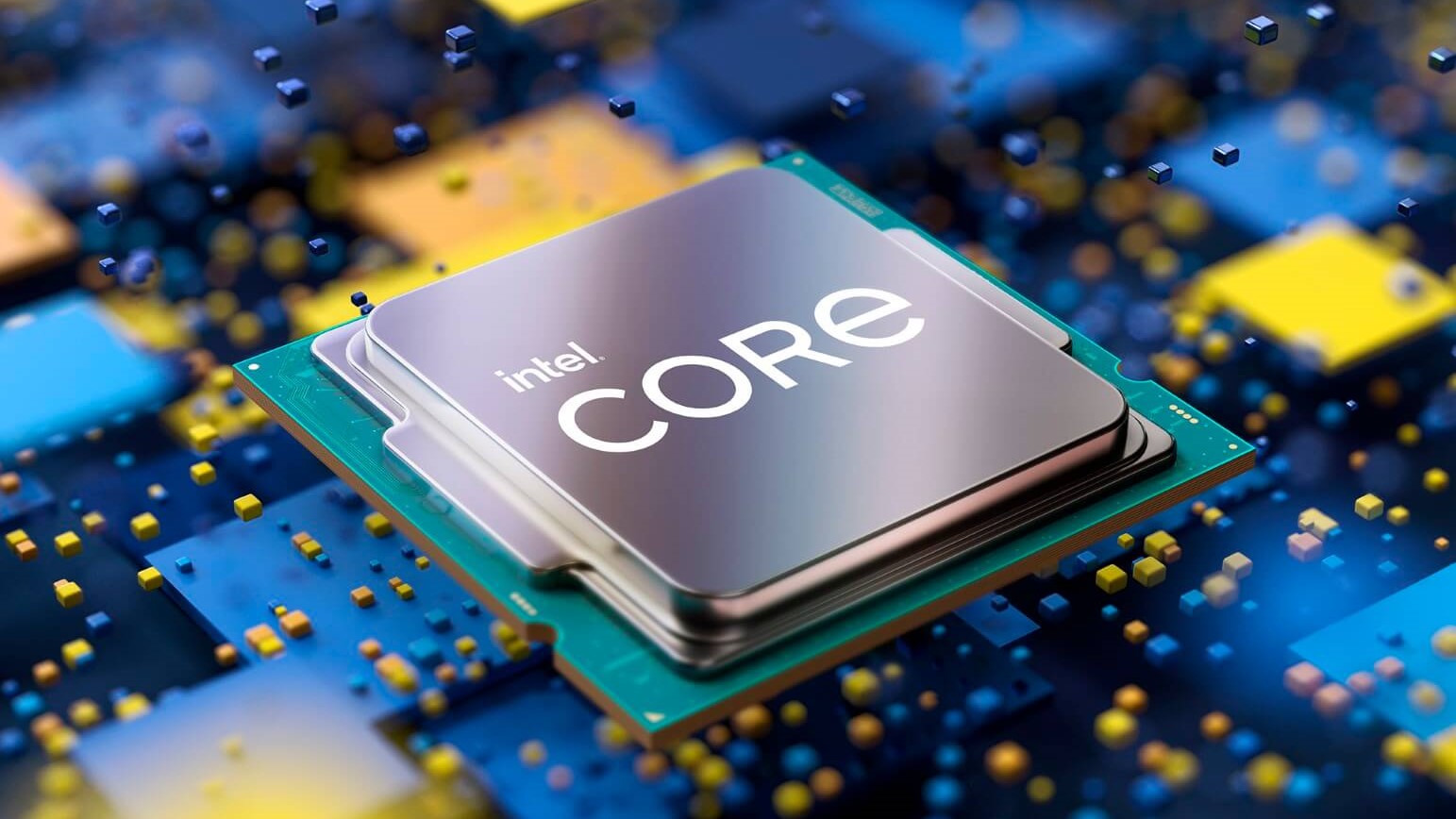Intel's 15th Gen Arrow Lake CPUs reportedly delayed until late 2024
TSMC 3nm node reportedly beats expectations, but we may not see them in Intel chips for quite some time.

What you need to know
- TSMC's 3nm node has reportedly exceeded expectations.
- Intel plans to use TSMC's 3nm node process for the GPU tile in its Arrow Lake processors.
- Intel's Arrow Lake processors have been delayed and will start shipping in Q4 2024, with greater availability expected in the second half of 2025, according to DigiTimes.
Intel's 15th Gen Arrow Lake processors may ship later than initially anticipated, according to a report by DigiTimes. The outlet explained that the Taiwanese Semiconductor Manufacturing Company (TSMC) 3nm node performance is higher than expected, but that Intel has delayed its plans to order the nodes until Q4 2024. That delay would push back availability until the second half of 2025, as it takes time for manufacturing to reach a level suitable for mass shipping.
Intel's Arrow Lake processors will likely feature Intel's 20A node on the CPU side or things and TSMC's 3nm node for the GPU tile. Arrow Lake CPUs will also use Lion Cove and Skymont cores rather than the Redwood Cove and Crestmont cores that will ship in the 14th Gen Meteor Lake lineup. Core counts are also expected to increase to 8 Performance "P-Cores" and 32 Efficiency E-Cores.
Wccftech broke down all of Intel's upcoming CPUs in technical detail.
TSMC's 3nm process exceeding expectations is promising for both Taiwanese Semiconductor Manufacturing Company and Intel. TSMC will likely see business from Apple, Intel, and other companies that want to use high-performance processor technology. Intel will benefit from TSMC's improvements and justify its expected decision to use an external foundry for its 15th Gen Arrow Lake processors.
Wccftech notes that the higher cost of TSMC's 3nm processor could trickle down to consumers, who would have to pay more for PCs powered by the tech. A price increase occurring in conjunction with dropping PC demand could result in lower sales, but we'll have to see how PCs trend over the next couple of years to be sure.
All the latest news, reviews, and guides for Windows and Xbox diehards.

Sean Endicott is a news writer and apps editor for Windows Central with 11+ years of experience. A Nottingham Trent journalism graduate, Sean has covered the industry’s arc from the Lumia era to the launch of Windows 11 and generative AI. Having started at Thrifter, he uses his expertise in price tracking to help readers find genuine hardware value.
Beyond tech news, Sean is a UK sports media pioneer. In 2017, he became one of the first to stream via smartphone and is an expert in AP Capture systems. A tech-forward coach, he was named 2024 BAFA Youth Coach of the Year. He is focused on using technology—from AI to Clipchamp—to gain a practical edge.
